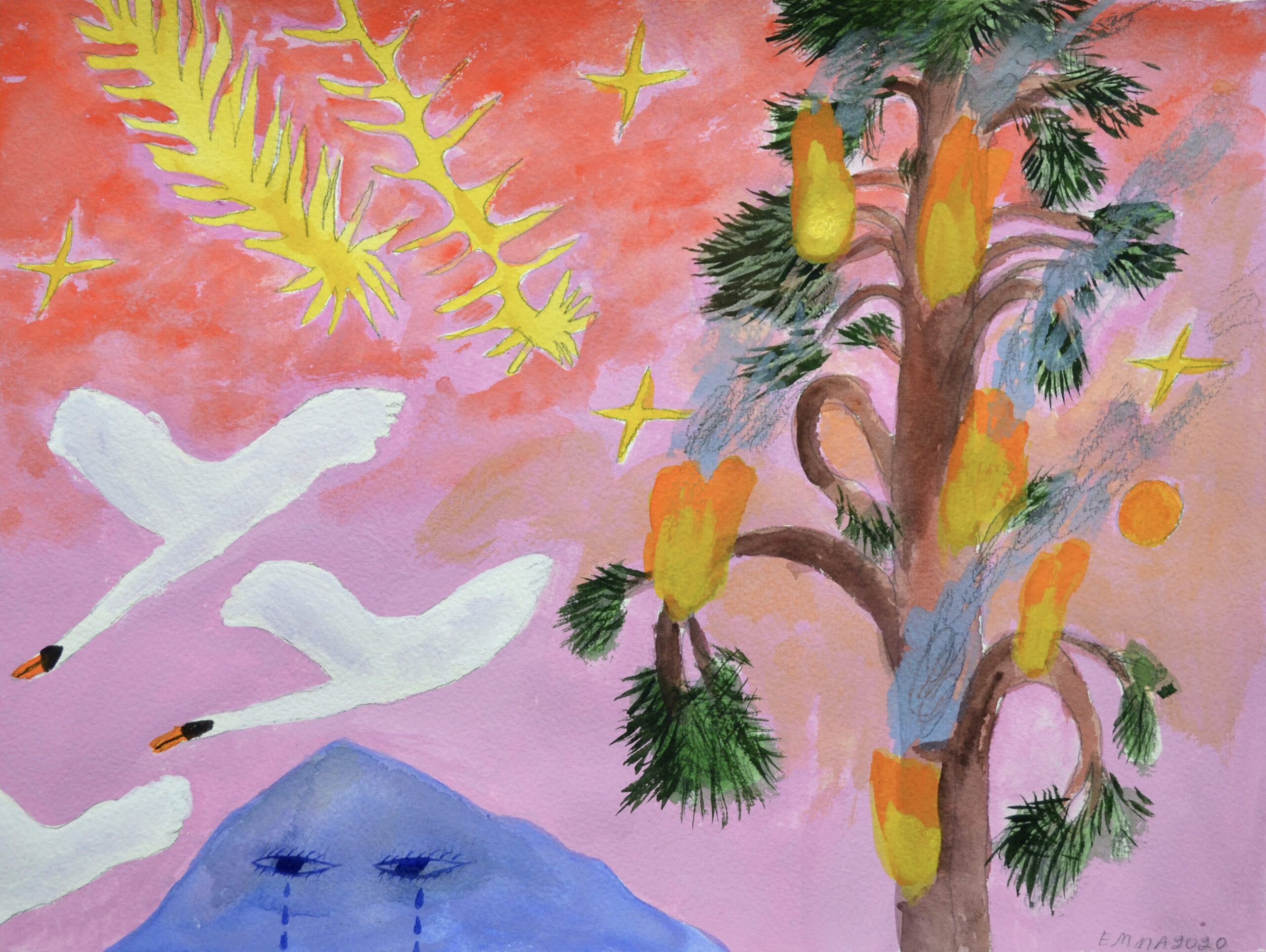In the Nessling Foundation’s autumn 2021 general call for grant applications, a total of 24 grants were awarded. The grants showcase current relevant environmental research.
The current environmental crisis is a complex tangle of issues that cannot be solved overnight. For this reason, the Nessling Foundation’s mission is to seek systemic solutions for an ecologically sustainable future. This mission served as the guiding principle of the foundation’s multidisciplinary expert committee that was given the motivating but challenging task of choosing the projects that would receive funding from among the 315 applications submitted in the general grant call.
Unfortunately, we could not grant funding to all the excellent projects, as this year’s award percentage was as low as eight. The foundation granted funding to 24 projects: 12 of these were doctoral thesis projects, six were post doc projects and six were research knowledge implementation projects. The total grant sum was EUR 2,235,472. The foundation has made the strategic decision to support a fewer number of projects with more long-term funding. This allows us to, for example, offer up to four years of funding to doctoral researchers.
In addition to the research topics, the researchers themselves play a major role in the award decisions. We assess each researcher’s motivation to promote the sustainability transformation on the basis of the communications and interaction plan they have prepared for their research. The foundation wants to promote the shift towards a more active and participatory research culture and the researcher’s role, because we need systematic solutions quickly.
An international showcase
In our view, the list of funded projects showcases exceptionally well the myriad ways of understanding and steering the sustainability transformation through research. Amidst this transformation, we need to understand both the functioning of natural systems and the role of humanity and the structures created by humans – technology, instruments and the economy. The funded projects reflect these perspectives in different and complementary ways. Next year, the legacy of Maj and Tor Nessling will be used to support research on, for example, the following topics: structural gender inequality in reindeer herding Sami communities (Assi Harkoma), environmental impacts produced by the legal-geographical separation of marine systems (César Soares de Oliveira), and environmental ethics and the new cosmic era (Oskari Sivula).
Anni Orola, who studies the social sustainability of materials used in the batteries of electric vehicles, Long Xie, who studies vertical greenery systems and media professionals, and Johannes Roviomaa and Vilma Rimpelä, who are creating a documentary film and impact campaign of changes in the Arctic region, will share more information on their respective projects.
This year, we were particularly pleased with the large number of international grant recipients. This shows how globally interlinked the research topics are and reminds us that building an ecologically sustainable future requires, first and foremost, many different perspectives and cooperation.
Read more about the funded projects here.
Applicants who did not receive funding this year are welcome to contact us for a one-on-one feedback discussion that is based on the panel’s comments. You can book a time for the feedback discussion here.
More information on other application matters is available from Minttu Jaakkola, Research Director, at +358 40 169 6325,

Painting: Emma Thomas – Crying Mountain (2020).


